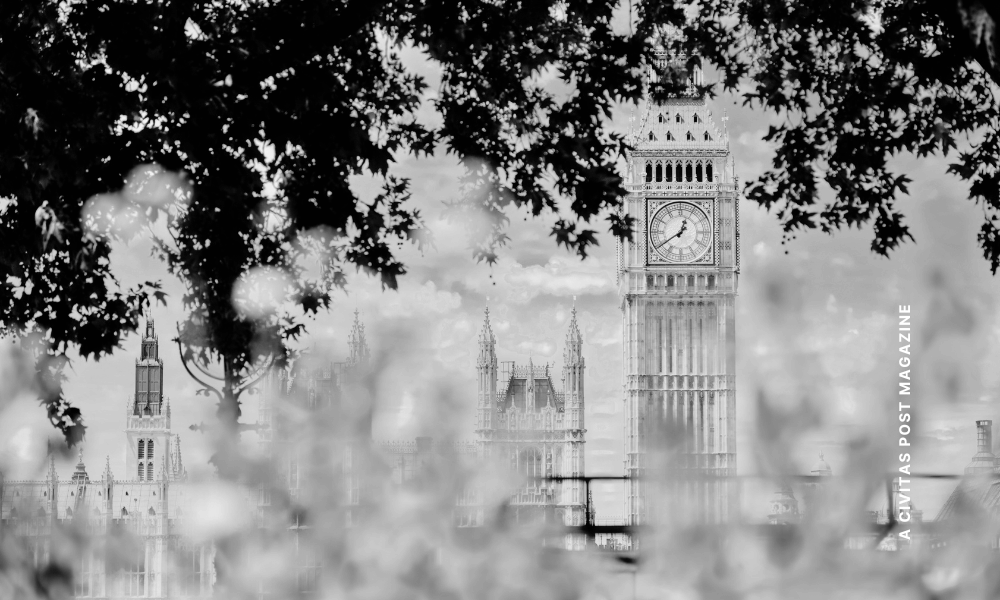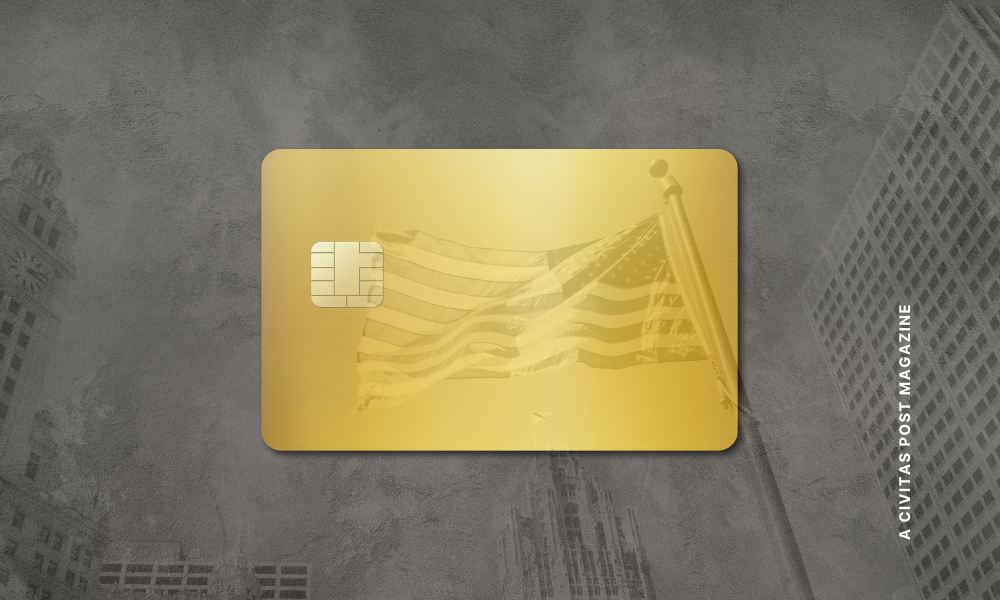The Isle of Man offers a well-regulated, highly professional financial services industry supported by a mature legislative framework. As a dependency of the British Crown, the Isle of Man is not part of the United Kingdom or the European Union but it does benefit from a well-established and modern trust law system.
Â
What is a trust?
In general terms, a trust is a legal arrangement where the ownership and control of assets pass from the settlor to the trustee. The trustee then holds the assets for the benefit of the beneficiaries. The key Elements of a Trust are
- Settlor: The individual (typically) that transfers assets into the trust and establishes it.
- Trustee: They have legal title to the trust assets and are responsible for managing them.
- Beneficiaries: They are entitled to benefit from the trust assets.
- Trust Fund: The assets held within the trust.
- Protector (if relevant): A person appointed to oversee the trustee’s actions and provide additional control and active oversight.
- An enforcer (if relevant): A person in non-charitable purpose trusts, who has the role of enforcing the trust in regards to its non-charitable purpose
There are many distinct trust types but we lay out a few of the most common. Discretionary trusts, which are those that grant the trustee flexibility in managing the trust fund, purpose trusts that can have an enforcer and two trustees, and fixed interest trusts where beneficiaries can receive a particular income type. There are other types as well from charitable trusts to employee benefit trusts, private trust companies â which are often established by wealthy families, among other trust types.
Read more: 4 Reasons to set up an Offshore Trust
Â
The Isle of Man Trust
The Isle of Man has is established itself as a leading offshore jurisdiction and trustee and director services are regulated by the Isle of Man Financial Services Authority which grant settlors confidence that professional services are being overseen.
Isle of Man trusts are flexible arrangements that are used by HNWIs for a several reasons including wealth management, succession planning, to help vulnerable beneficiaries, as a tax planning tool, and most significantly for philanthropic reasons.
For an Isle of Man trust to be valid, it needs to meet the following key criteria:
- There must be clear evidence that the settlor intended to create a trust.
- The trust property must be identifiable, and the beneficiaries’ interests must be ascertainable.
- The beneficiaries must be clearly identified or identifiable.
If any of these criteria is absent, the trust may be deemed void, potentially causing the trust to fail. This could even lead to the reversion of the property from the trust to the settlor’s estate, and if the trust was set up for fiscal reasons, that could have unintended legal and tax consequences.
Â
Why do HNWIs set up Isle of Man Trusts?
Taxes and Trusts
Trusts are incredibly valuable for wealthy individuals as they can hold luxury assets from metals to artwork, jewellery to yachts. Taxes are what drive many HNWIs to establish a trust in the Isle of Man as there is no inheritance or gift tax, and no capital gains taxes are applied.
Trustees and beneficiaries of Isle of Man trusts are also not subject to any income tax on any foreign-sourced income overall. It it important to note that although indirect tax e.g stamp duty, does not apply, VAT may.
Â
Flexibility and Discretion
Flexibility is another of the overarching benefits of these trusts. They do no need to be registered unless Isle of Man real estate is part of the trust fund, or they are being used for charitable initiatives. If the trust is charitable in its nature, the time duration may be capped.
Most importantly there are no limitations on the amount of income they can accumulate, a vital benefit for UHNWIs, and (depending on when they were established) they can be established for an unlimited time. Isle of Man trusts settled into after June 2015 benefit from the latter benefit. Another key criterion for wealthy investors and their families is confidentiality, which the Isle of Man does offer as there in no registration requirement.
Â
Protection from Foreign Claims
Thanks to the Trusts Act 1995, the Isle of Man Trusts are also protected from forced heirship rights, a civil-law precept, which makes them a valuable estate planning tool. In a similar vein no transfer of the trust fund, nor the capacity of the beneficiary, trustee, protector, settlor is to be challenged by any foreign jurisdiction.










